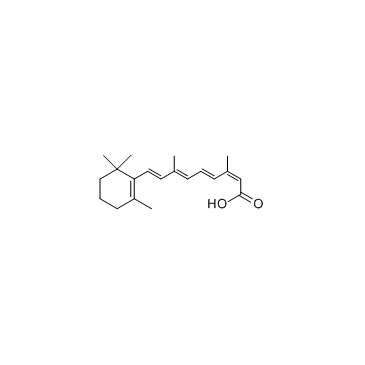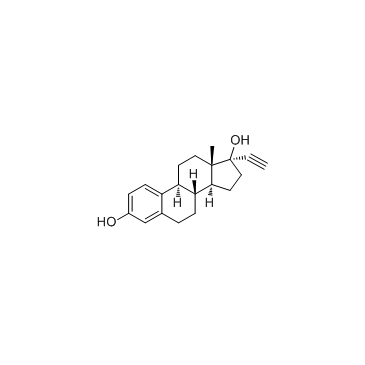| Structure | Name/CAS No. | Articles |
|---|---|---|
 |
Isotretinoin
CAS:4759-48-2 |
|
 |
Cyproterone acetate
CAS:427-51-0 |
|
 |
Ethynyl estradiol
CAS:57-63-6 |